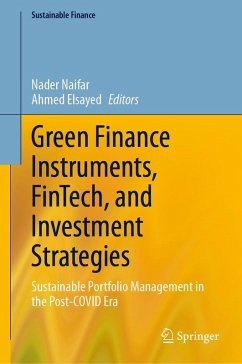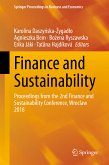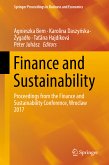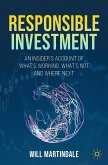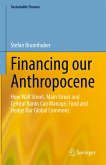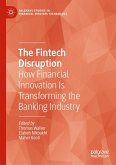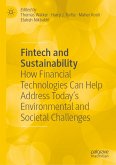In the COVID 19 post-pandemic era, sustainable financial systems are increasingly getting the attention they deserve, and policymakers are now moving toward investment and financing decisions based on sustainable development. Green finance plays an important role in mobilizing financial resources and hedging against environmental risk to achieve financially sustainable systems. Moreover, green financial instruments offer viable alternatives for investors and regulators with regard to portfolio management and risk minimization. Over the last few years, financial technology (FinTech) has grown to become one of the most topical areas in the global financial services industry. The development of distributed ledger technology, big data, smart contracts, peer-to-peer lending platforms, biometrics, and new digital has sparked innovation in the financial services industry and the development of new financing and investment strategies. The combination of sustainability and FinTech can help policymakers to achieve ESG targets when making investment and financing decisions.
This book showcases a collection of recent advances in green finance and FinTech and explores their impact in achieving sustainable finance, investment strategy-making, and portfolio management. Presenting theoretical frameworks and the latest empirical studies in the field of green finance and FinTech, it offers a valuable asset for academics, professionals, policymakers, regulators, and investors who want to understand in-depth the impact of green finance and FinTech on future investment and financing strategies in the post-pandemic era.
Dieser Download kann aus rechtlichen Gründen nur mit Rechnungsadresse in A, B, BG, CY, CZ, D, DK, EW, E, FIN, F, GR, HR, H, IRL, I, LT, L, LR, M, NL, PL, P, R, S, SLO, SK ausgeliefert werden.
Hinweis: Dieser Artikel kann nur an eine deutsche Lieferadresse ausgeliefert werden.

